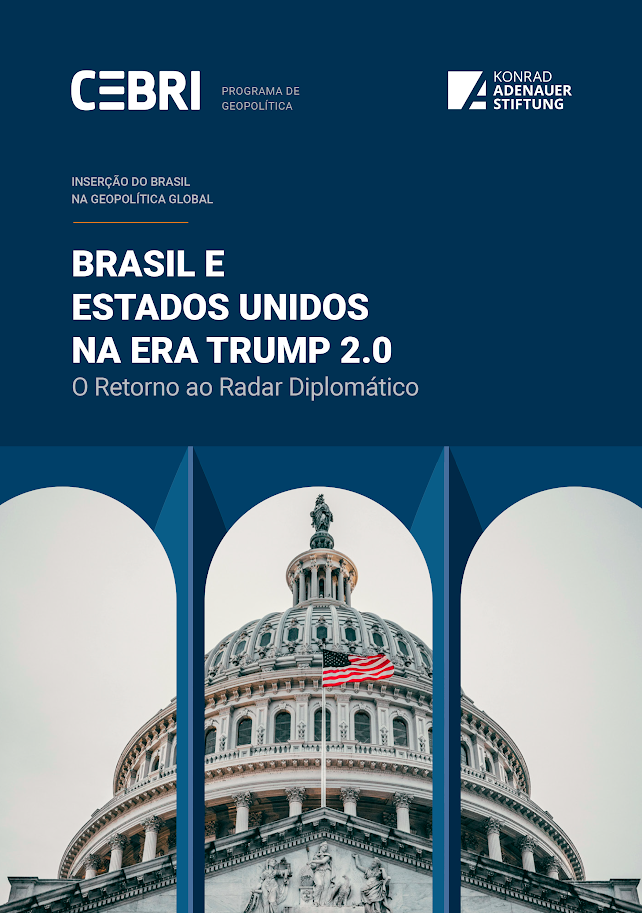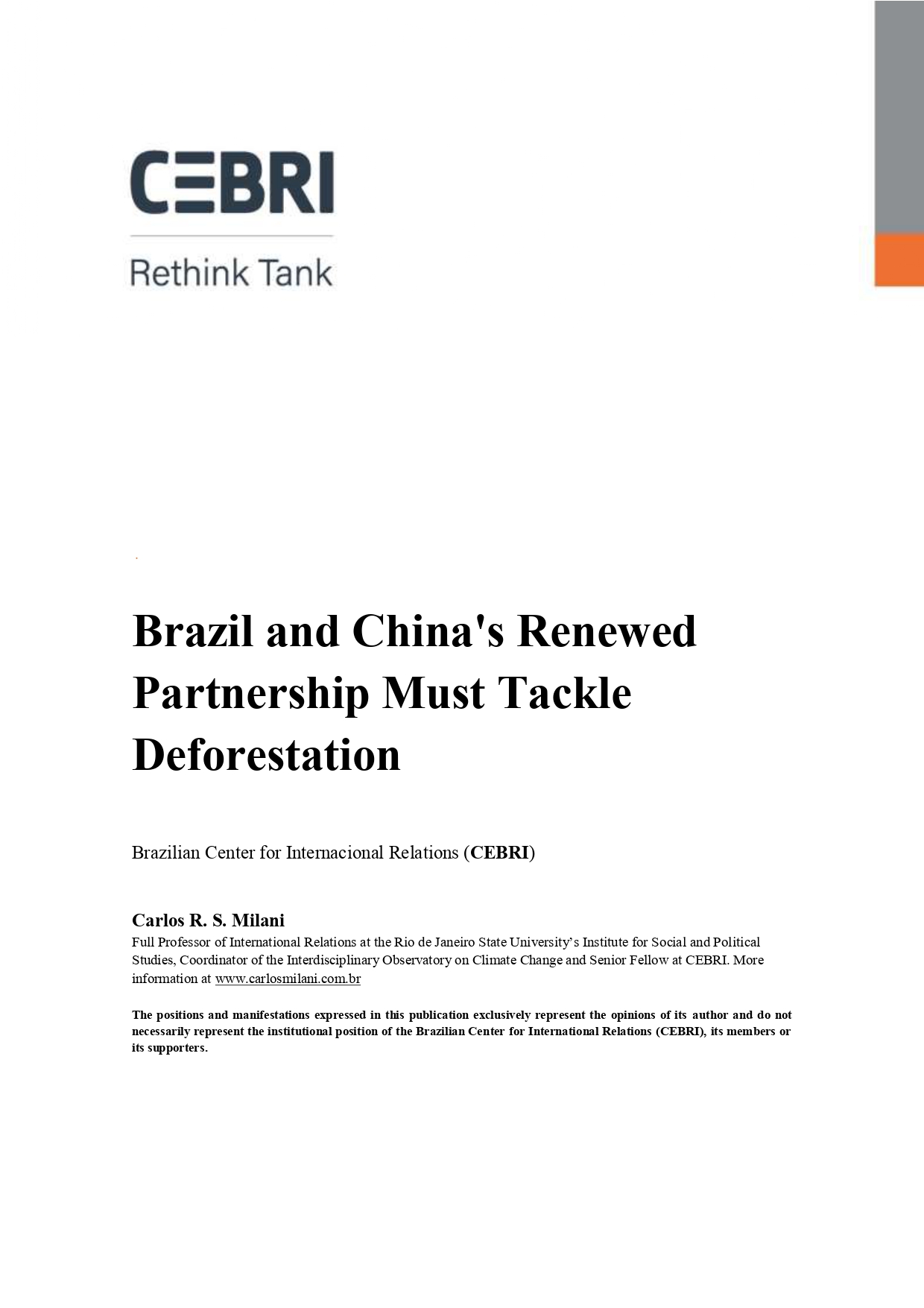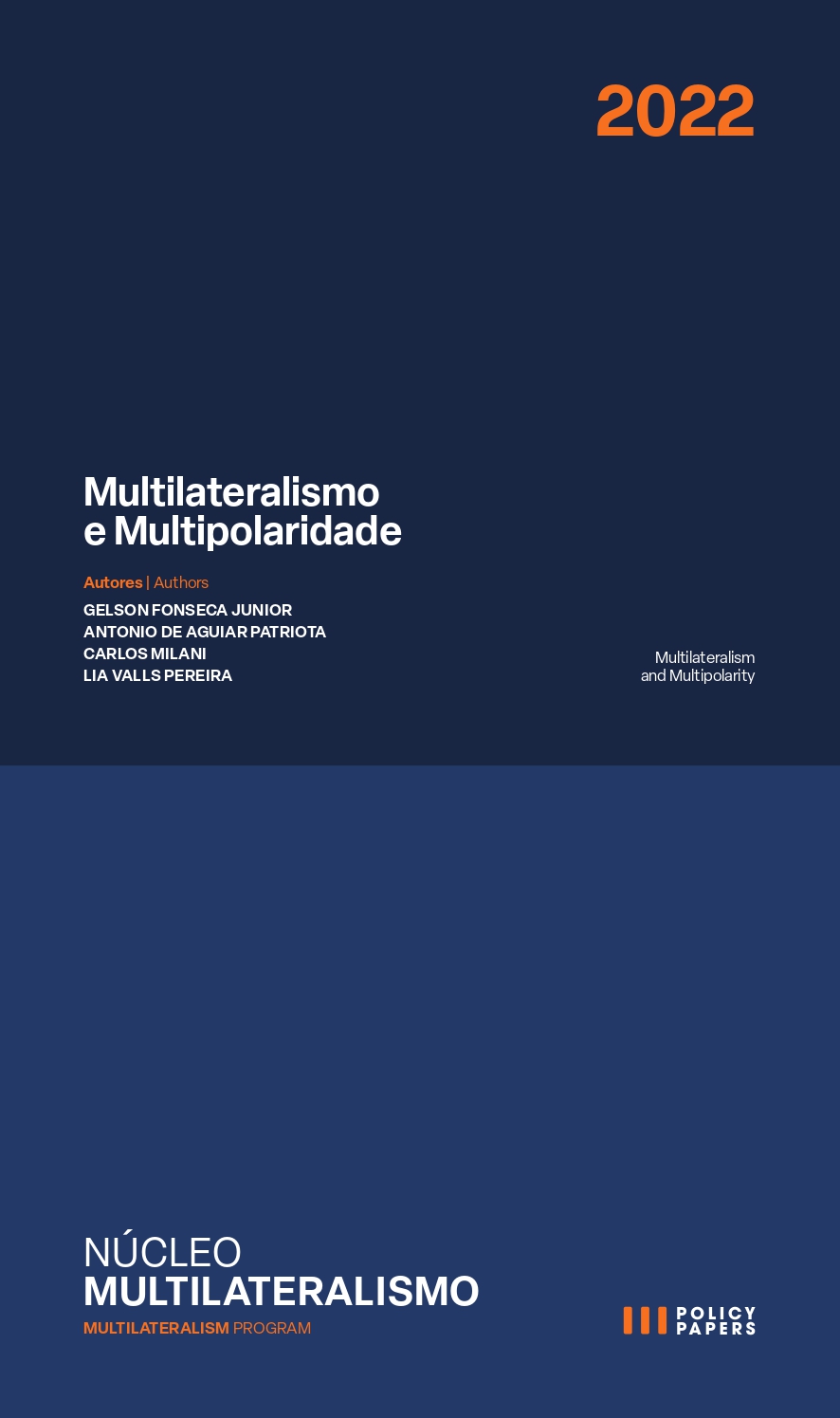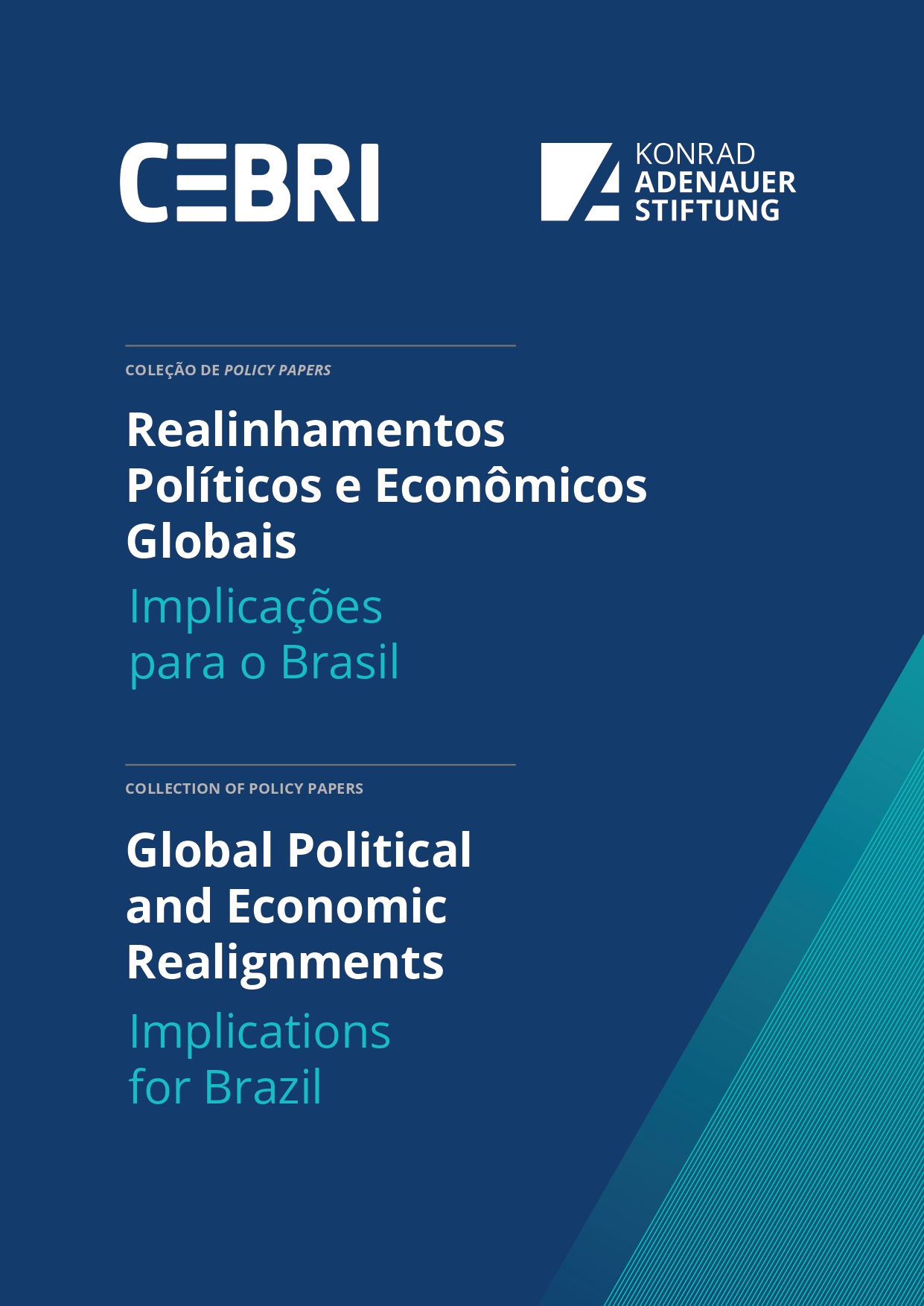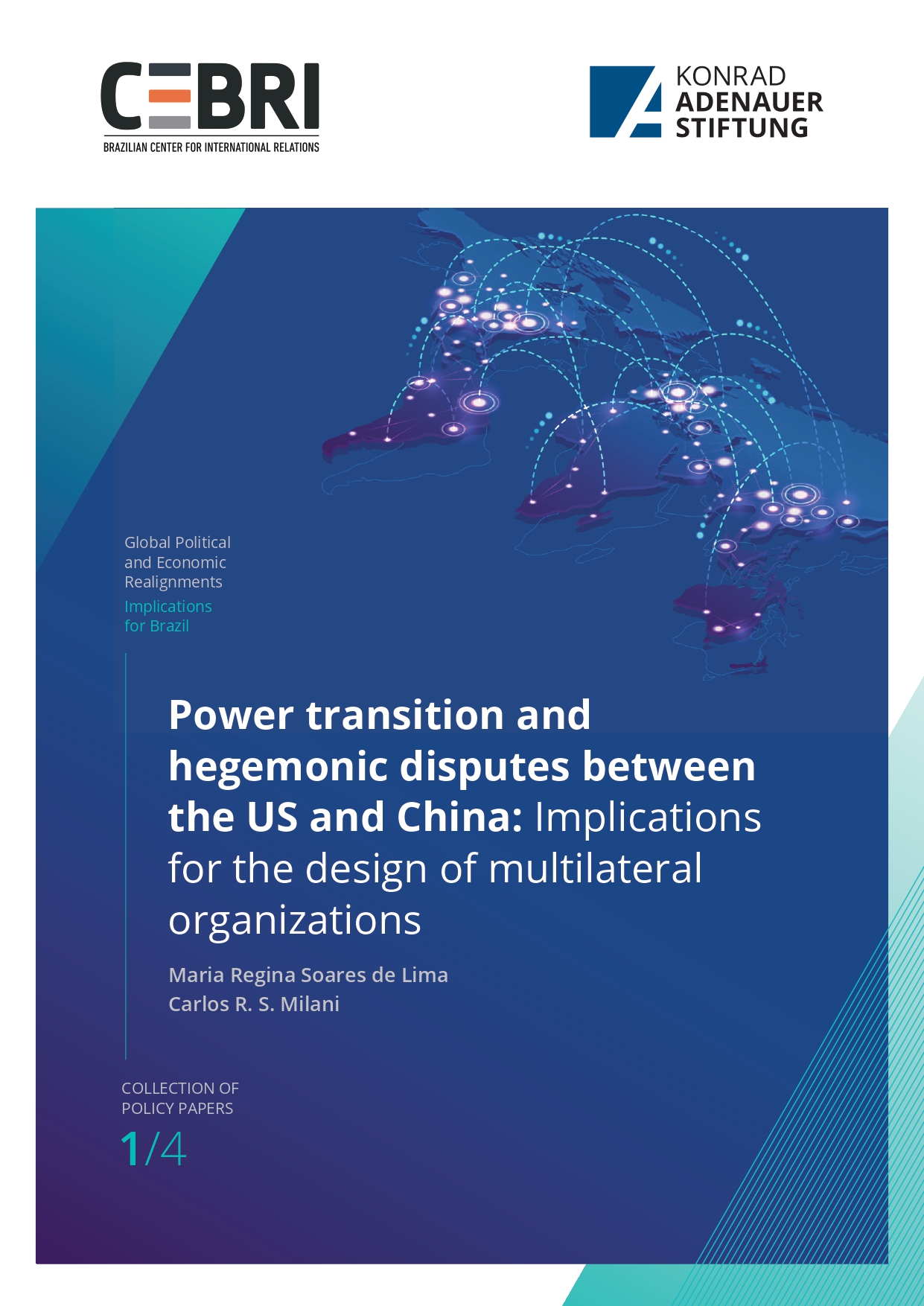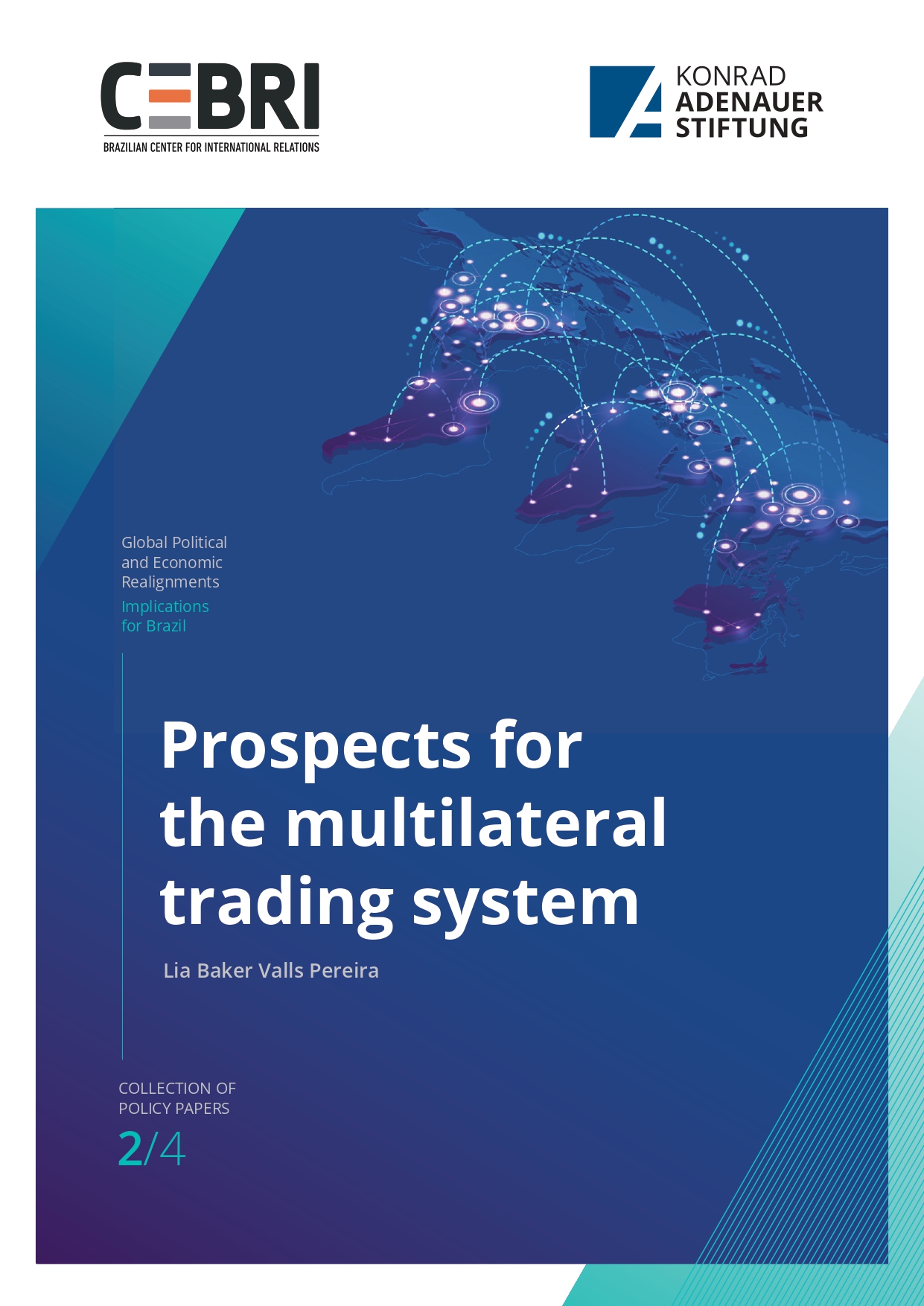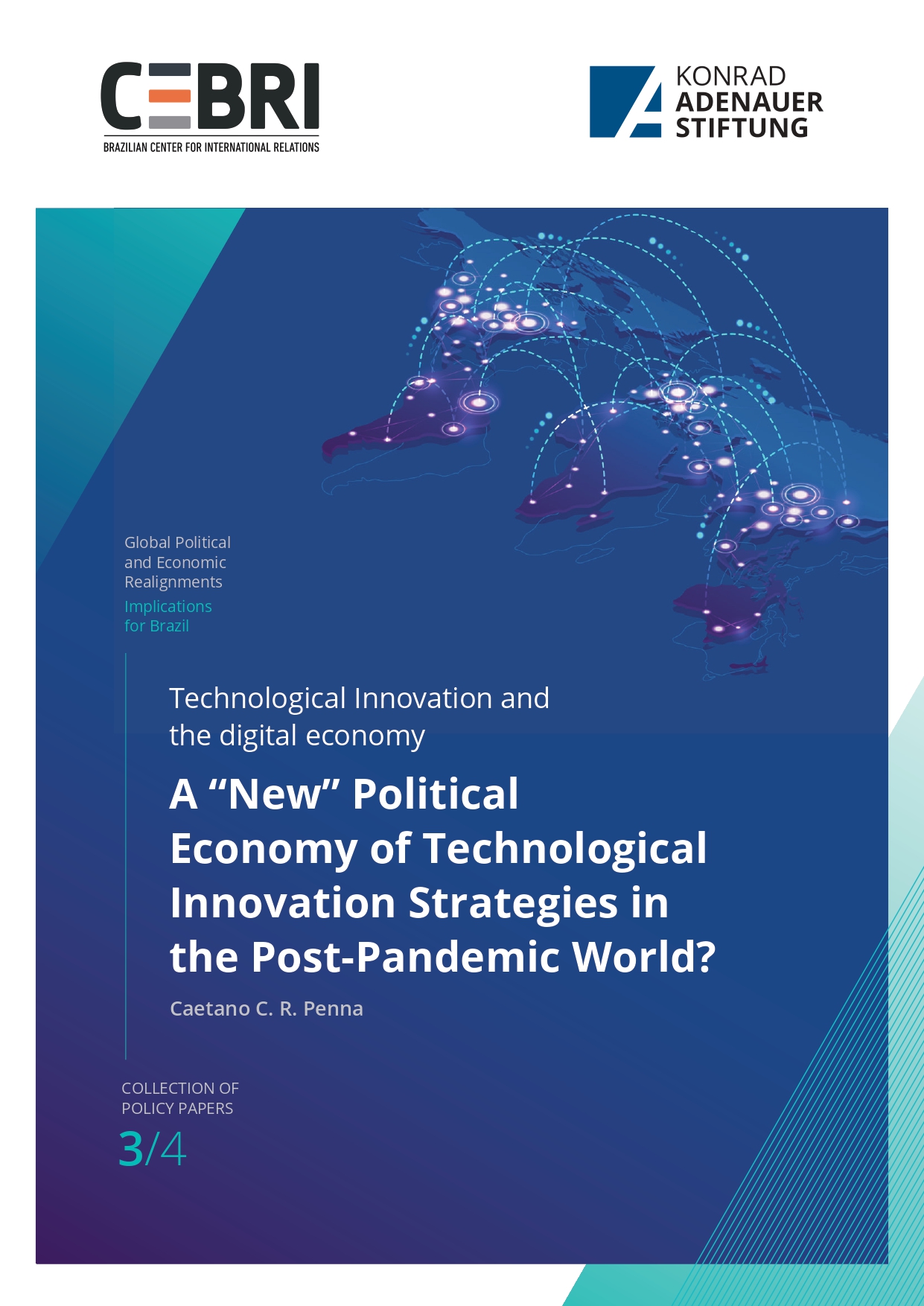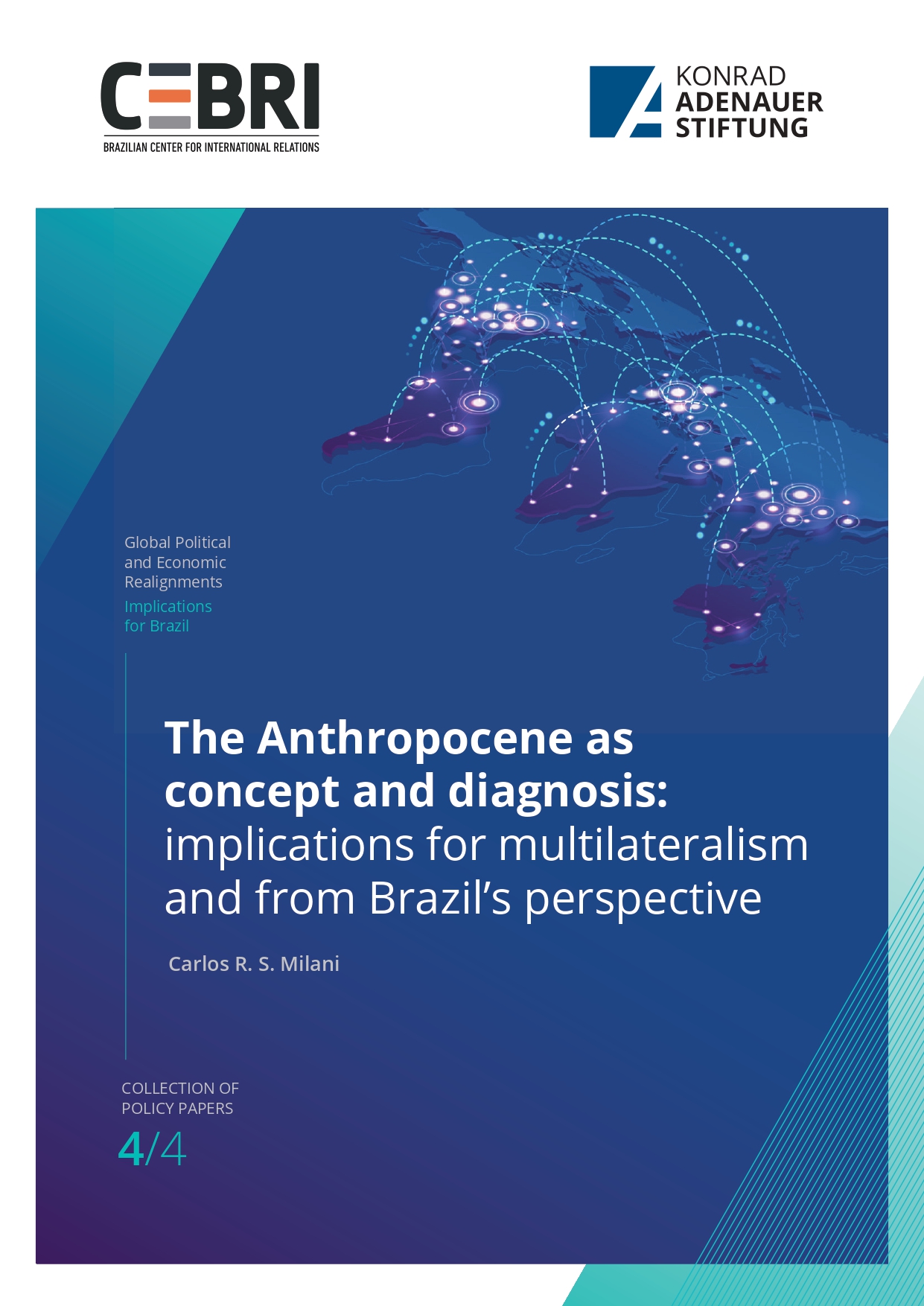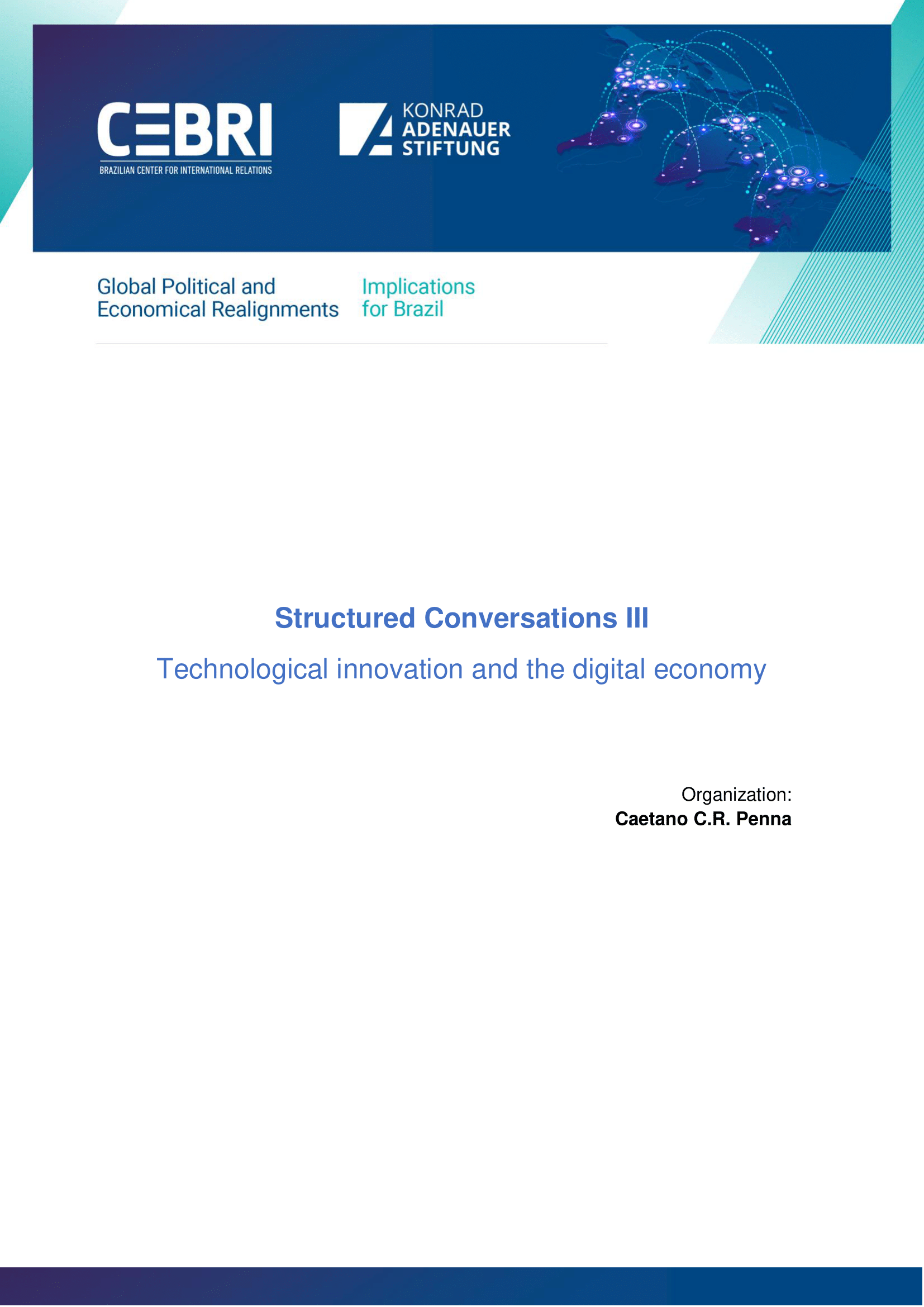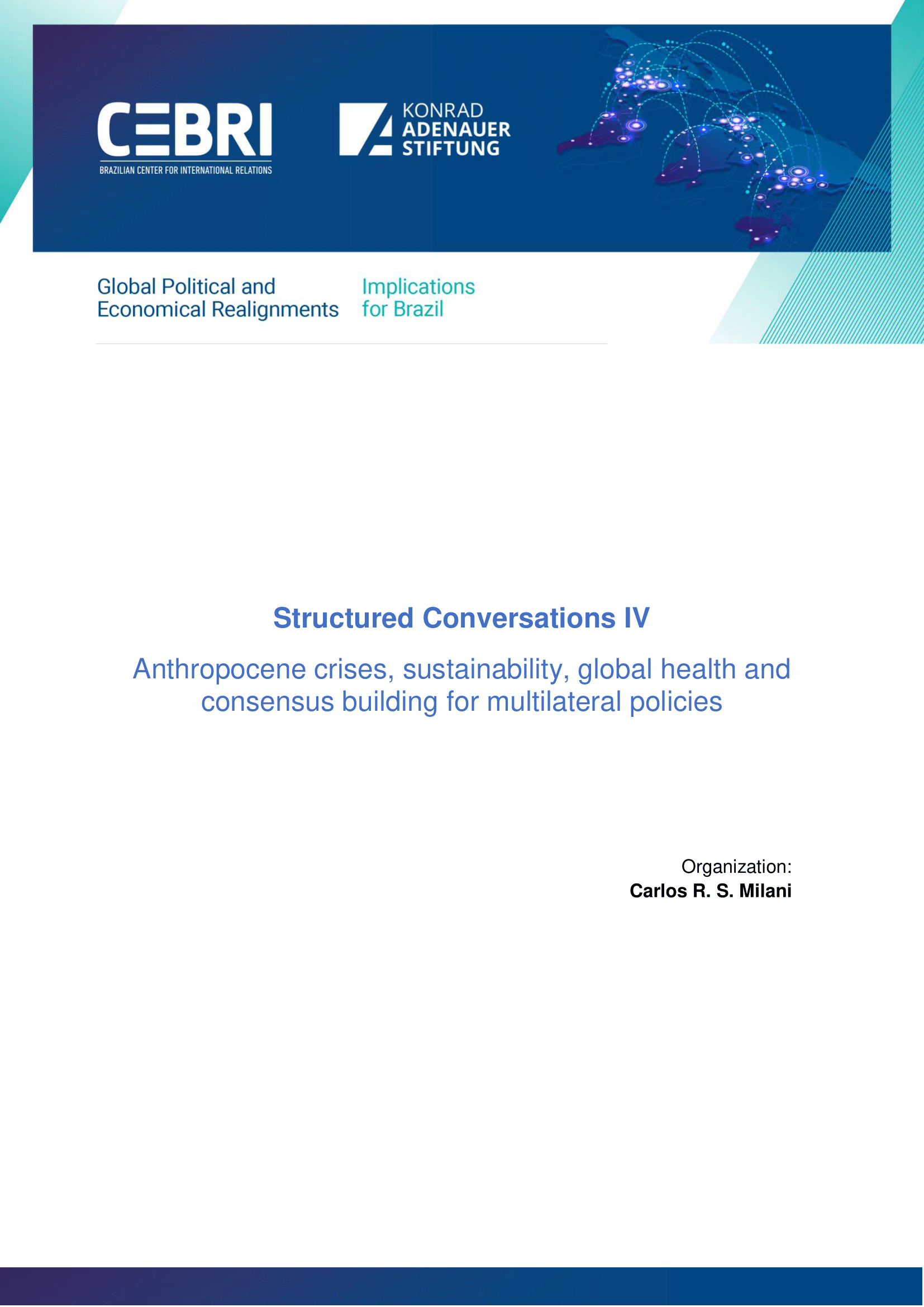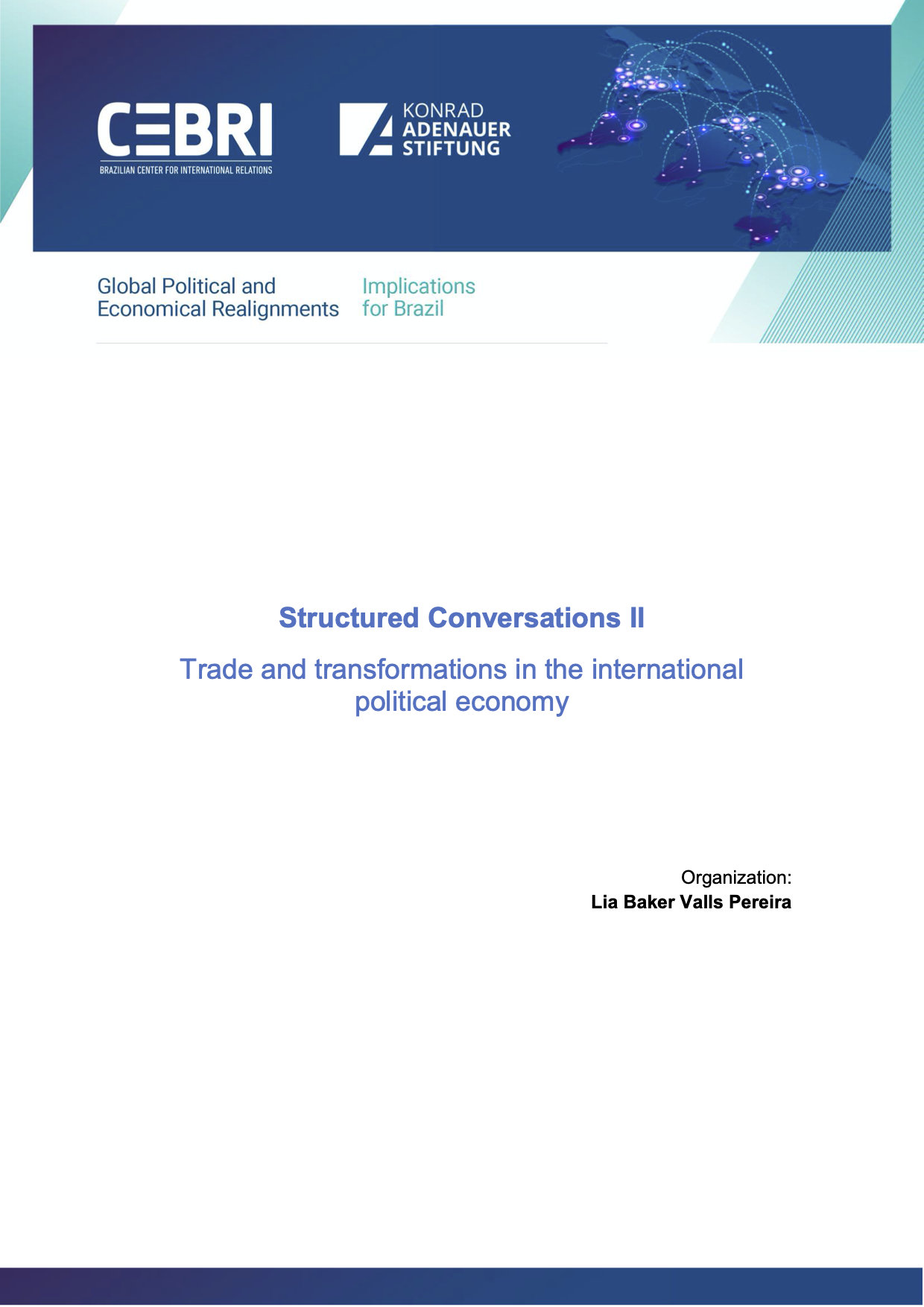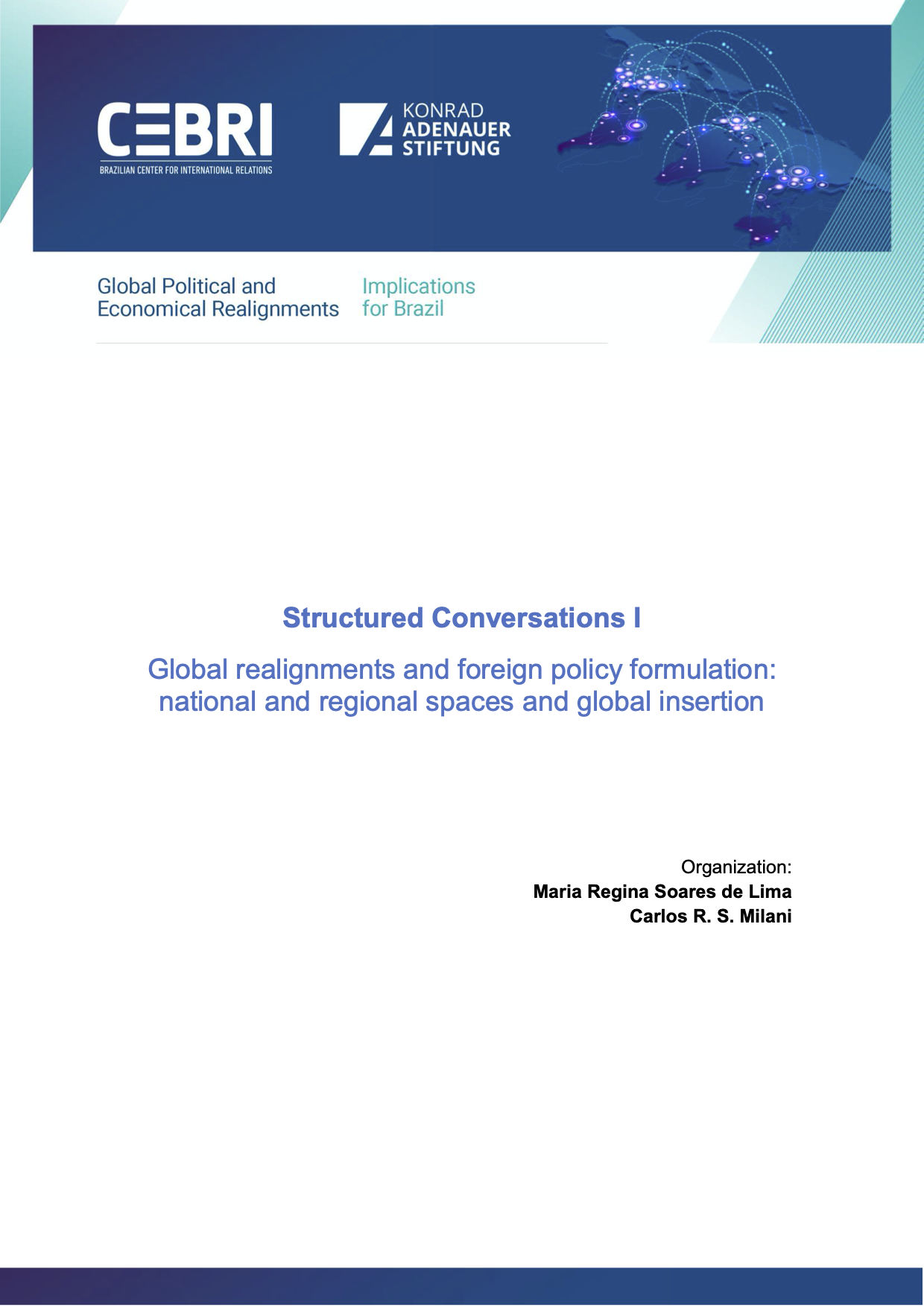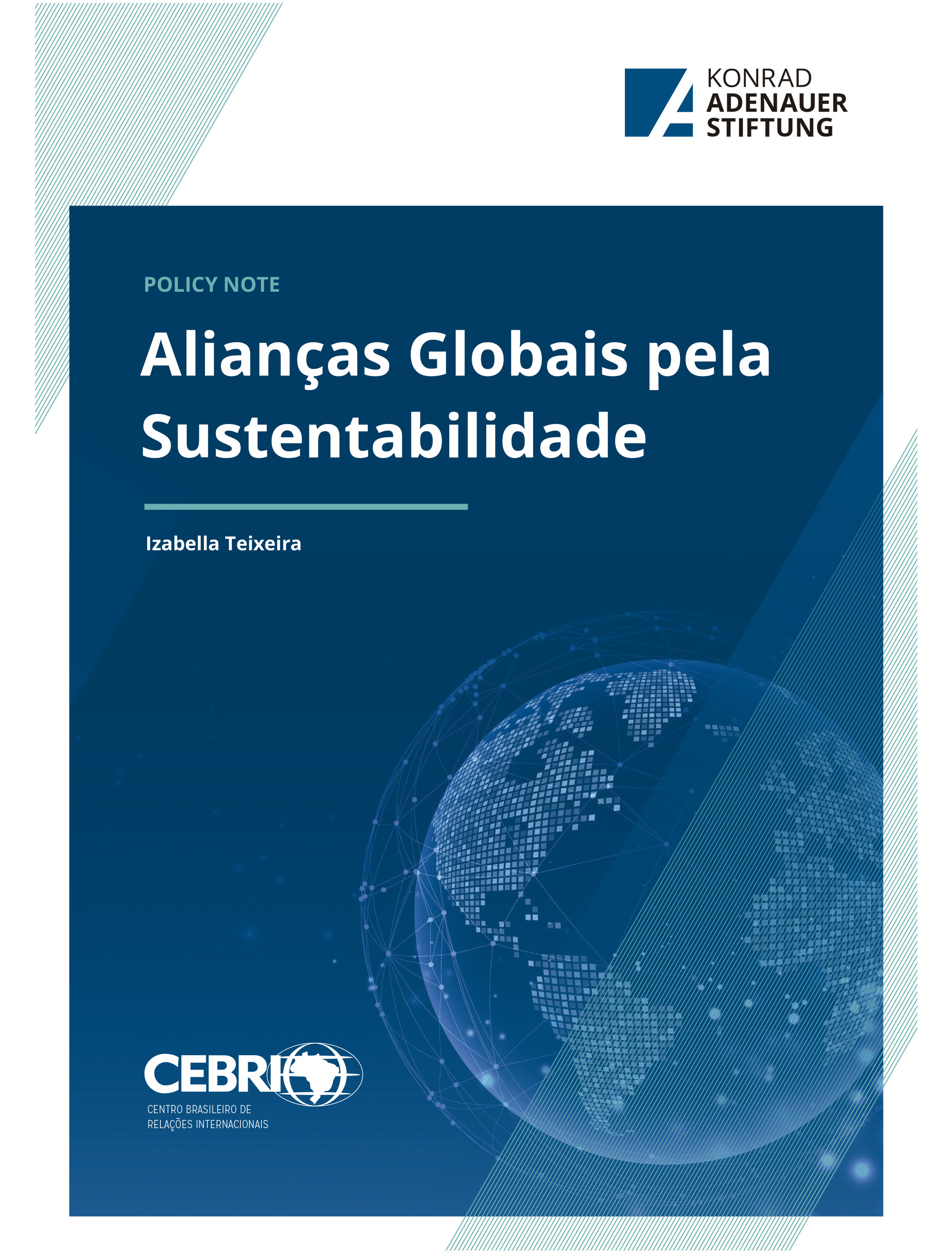This publication, developed by the Brazilian Center for International Relations (CEBRI) in partnership with the Konrad Adenauer Foundation in Brazil, analyzes the current state of bilateral relations between Brazil and the United States during one of the most challenging periods in the diplomatic history of the two countries.
The study reassesses the dynamics of the bilateral relationship during the first half of the new Trump administration, in light of recent episodes of tension—such as diplomatic summons and public statements—that reflect the growing distance between Brasília and Washington. The analysis is structured into four sections: (i) a recent overview of bilateral relations, (ii) the use of trade tariffs as a geopolitical pressure tool, (iii) key challenges in the bilateral agenda, and (iv) foreign policy recommendations in light of the current scenario.
As a contribution to the formulation of a more resilient Brazilian foreign policy, the paper presents seven strategic recommendations, including the strengthening of diplomatic channels at multiple levels, the diversification of international partnerships, and the careful use of legal and economic instruments in managing relations with the United States.
This publication, developed by the Brazilian Center for International Relations (CEBRI) in partnership with the Konrad Adenauer Foundation in Brazil, analyzes the current state of bilateral relations between Brazil and the United States during one of the most challenging periods in the diplomatic history of the two countries.
The study reassesses the dynamics of the bilateral relationship during the first half of the new Trump administration, in light of recent episodes of tension—such as diplomatic summons and public statements—that reflect the growing distance between Brasília and Washington. The analysis is structured into four sections: (i) a recent overview of bilateral relations, (ii) the use of trade tariffs as a geopolitical pressure tool, (iii) key challenges in the bilateral agenda, and (iv) foreign policy recommendations in light of the current scenario.
As a contribution to the formulation of a more resilient Brazilian foreign policy, the paper presents seven strategic recommendations, including the strengthening of diplomatic channels at multiple levels, the diversification of international partnerships, and the careful use of legal and economic instruments in managing relations with the United States.
